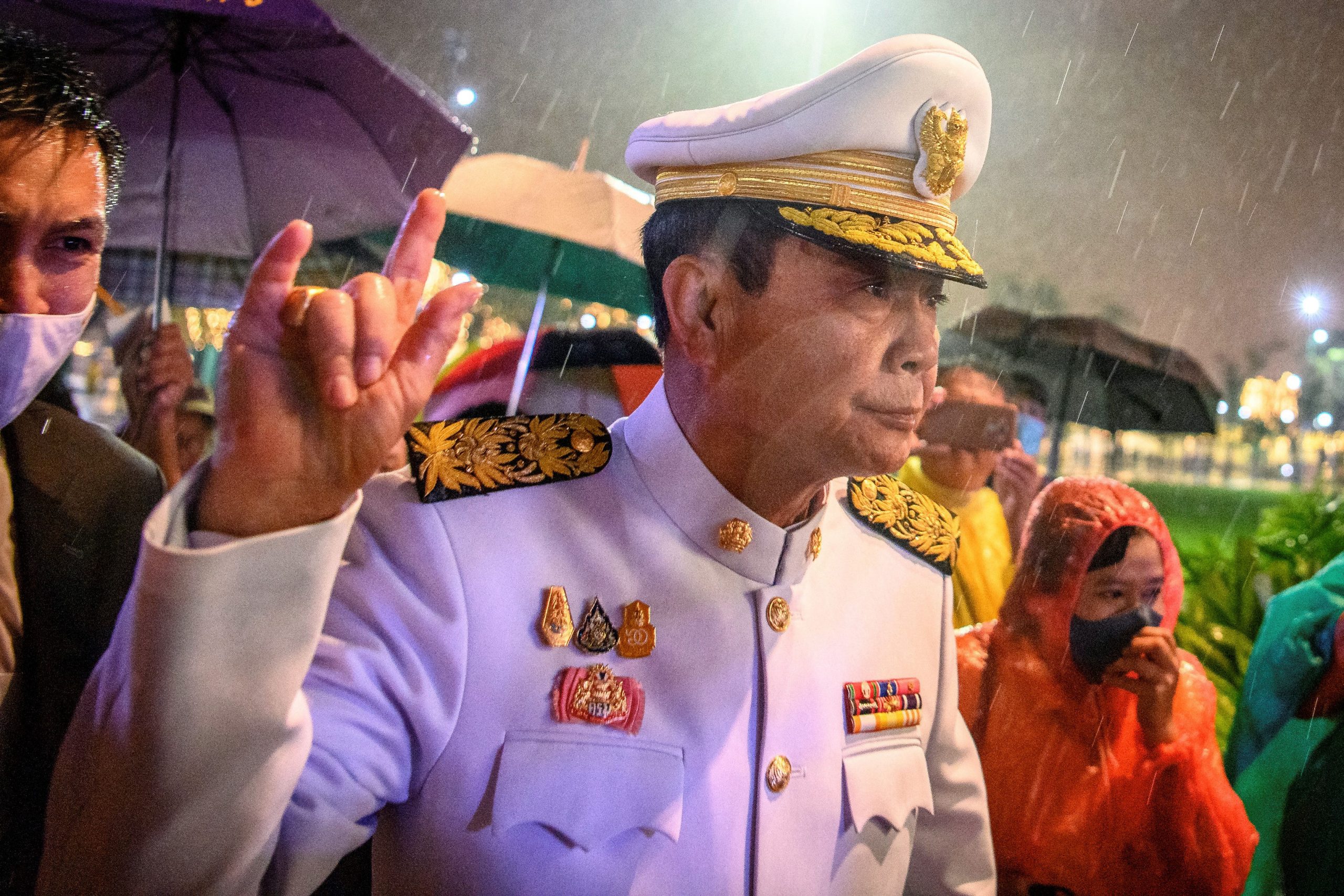AstraZeneca said on Saturday that it was scanning its supply chain for extra doses of its COVID-19 vaccine for Southeast Asia, which is seeing the virus’s worst outbreak yet.
The announcement from the Anglo-Swedish firm, which manufactures its vaccine in Thailand for use in the country and in neighbouring nations, comes after a supply shortfall that has generated widespread criticism of Thai Prime Minister Prayut Chan-O-Cha’s administration.
Nearly 180 million doses are expected to be produced under the conditions of AstraZeneca’s agreement with Thai authorities, with one-third earmarked for the Thai market and the remainder for export.
Also Read: Thai beauty queens face criminal penalties after COVID cluster found
According to James Teague, AstraZeneca’s agent in Thailand, the company will have supplied 11.3 million doses by the end of July.
Even though the region is dealing with a particularly vicious outbreak of COVID-19, exports have yet to resume.
“We are delivering in the fastest possible timeframe, however, given the gravity of the Delta variant, we are leaving no stone unturned to accelerate supply further still,” Teague said in an “open letter to the people of Thailand”.
“We are also scouring the 20+ supply chains in our worldwide manufacturing network to find additional vaccines for Southeast Asia, including Thailand.”
However, he noted, a “global supply crunch” for COVID-19 vaccines, as well as a lack of the ingredients needed to manufacture them, made it difficult to offer a particular timeline.
Last year, AstraZeneca granted a contract to Siam Bioscience, a company owned by King Maha Vajiralongkorn that has no experience making vaccinations.
It was established with the goal of producing vaccinations for nine countries, including Indonesia, the Philippines, Malaysia, and Thailand.
Reports of inadequate manufacturing or late delivery have gone unanswered by Siam Bioscience.
Also Read: Living room practice table is Thai’s last stop on long road to Tokyo
Thailand, on the other hand, was obliged to modify its vaccination policy and purchase millions of doses of Chinese vaccines.
With only 5% of Thailand’s 70 million citizens completely vaccinated, anger is rising.
Because of strict lese majeste rules that make it unlawful to criticise the monarch, most Thais avoid discussing it openly. Those who do so face a sentence of three to fifteen years in jail.
Thanathorn Juangroongruangkit, a former opposition leader and billionaire, has previously been charged under the law after stating that the immunisation strategy was overly reliant on Siam Bioscience.
Thailand is one of a handful of Southeast Asian countries that managed to keep infection rates low in 2020, but are now seeing high levels of infections due to sluggish vaccination programmes.







